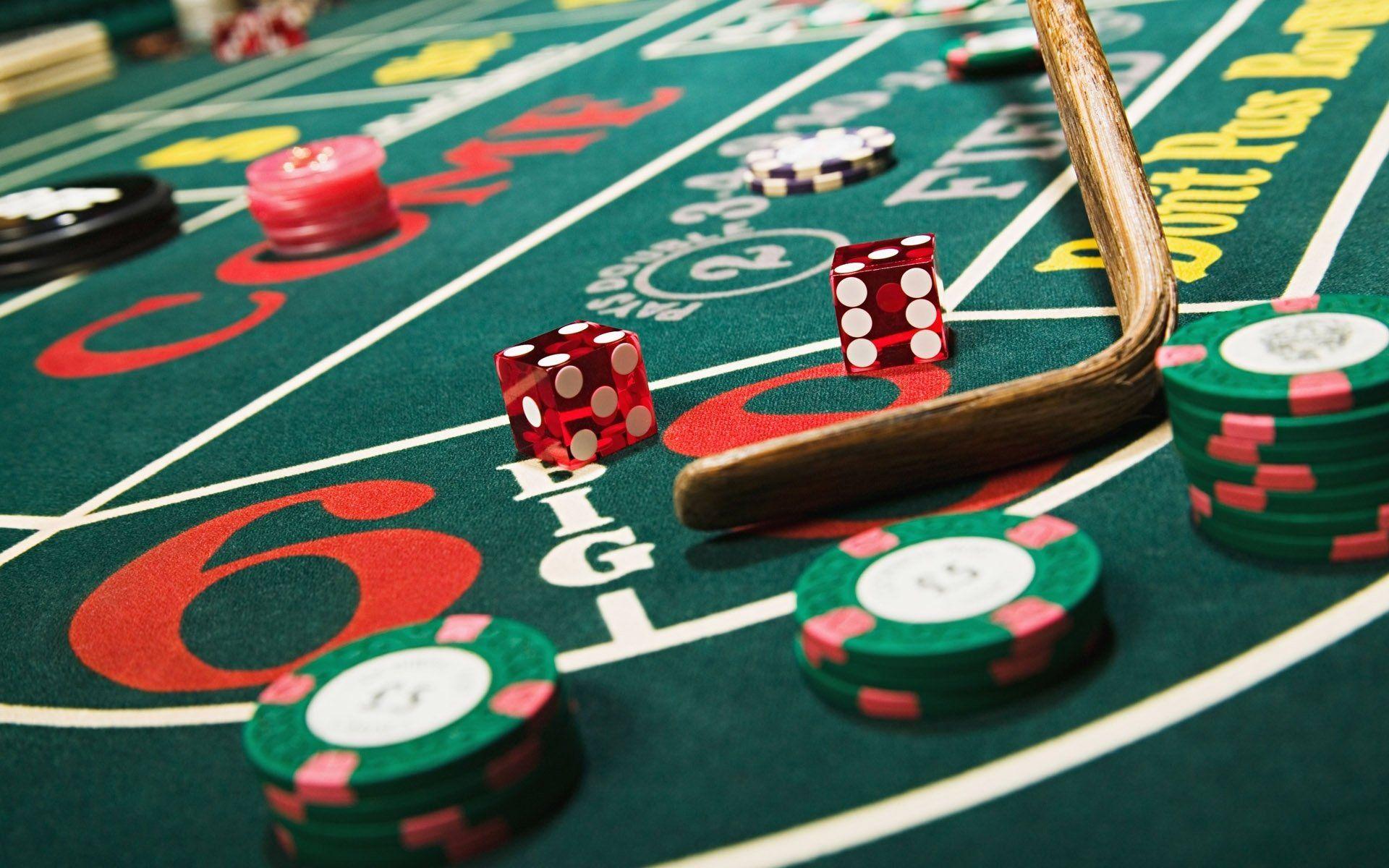Casino games have captivated gamblers for centuries, luring them into a universe of thrill, fortune, and wealth. From the sparkling lights of video slots to the tactical nature of poker tables, these experiences offer a unique mixture of amusement and hazard. However, beneath the shiny exterior of this sparkle and glamour lies a intricate relationship of calculations that influences every result and action made within the gambling establishment.
Grasping this connection between casino games and mathematics not just enhances the gambling experience but may also help participants make informed decisions. Whether you are a casual gambler or a passionate enthusiast, recognizing the math concepts at play can offer insightful knowledge into likelihood, odds, and approaches, eventually shaping how one deals with these chance games.

Arithmetic Probability in Gambling
In the world of gambling activities, mathematical probability plays a critical role in determining outcomes and informing player choices. Each activity has a specific set of rules and a specific probability framework that influences its mechanics. For instance, in games like roulette, players must understand the probabilities of choosing a certain number or color. The likelihood of specific events happening can be computed, and this knowledge can significantly influence wagering tactics. RR88
Players also need to be cognizant of the house edge, which is the statistical benefit that gambling establishments hold over gamblers in the long run. This advantage differs across different activities. In 21, skilled players can use strategies to minimize the house edge to as little as one %, while in games like slot machines, the house advantage can be much higher. Understanding the house edge allows players to make wise choices about which games to participate in and the amount to wager.
Additionally, probability is crucial in the principle of risk versus gain in gambling. Every bet carries a specific risk level, and players must evaluate the possible return against that danger. Games like the poker game require gamblers to not only assess the chances of their personal hand winning but also to assess the probabilities of their opponents’ showings. By applying mathematical concepts to their strategy, players can boost their chances of success and participate more strategically in the exciting world of casino games.
Anticipated Worth in Gambling Games
When talking about casino activities, one of the basic ideas rooted in math is the expected value. This numerical metric assists players grasp the potential outcomes of their wagers over time. In basic terms, anticipated value (EV) determines the mean amount a player can anticipate to win or lose per wager if they were to play the activity many times. Each game has its unique EV, influenced by the odds and the house edge, which signifies the benefit that the casino holds.
For instance, consider a game like the roulette game. The anticipated worth can be derived based on the particular wager placed. If a player bets on a single number, the payout is 35 to 1, but the actual odds of success that bet are 1 in 37 (in Euro the roulette game). This results in a detrimental expected value, indicating that, on the whole, players will lose money over a period when playing this kind of bet. Understanding this concept allows players to make better informed decisions about which activities and wagers may be more favorable.
Additionally, the investigation of anticipated value can lead to improved money management. Players who comprehend the mathematics behind their games are often able to set practical expectations. By acknowledging their potential deficits and profits, they can modify their gambling strategies appropriately, which may enhance their total gaming experience. As a result, expected value serves as a critical tool for both beginner and experienced gamblers to navigate the frequently unpredictable character of gambling activities.
Tactics and Chances: The Math Behind Winning
In gaming establishments, comprehending the chances is essential for players seeking to boost their opportunities of winning. Each contest has its own unique set of chances that dictate successful performances, and these statistics are often found in the game’s regulations or reward charts. For instance, in games like 21, players can enhance their probabilities through strategies such as tracking cards, which relies on mathematical principles to gain an edge over the establishment. By acquainting themselves with the chances, players can make more educated choices on when to wager and when to give up.
Moreover, the concept of average value holds a major part in casino strategies. Expected value assesses the typical outcome of a stake over a period, allowing participants to judge whether a certain stake is valuable taking. For example, fruit machines have a set payback percentage, which can show the typical payout a gambler can look for on their bets. By selecting games with higher average outcomes, gamblers can minimize the casino edge, maximizing their potential returns in the long run.
In conclusion, successful gamblers often employ a mix of chance and calculative tactics to enhance their gaming experience. While chance is uncontrollable, managing a wagering approach based on calculative ideas can lead to more positive results. By utilizing techniques such as money management and choosing games, players can apply math to handle the random nature of gambling activities, making the most of their investments and money at the tables.